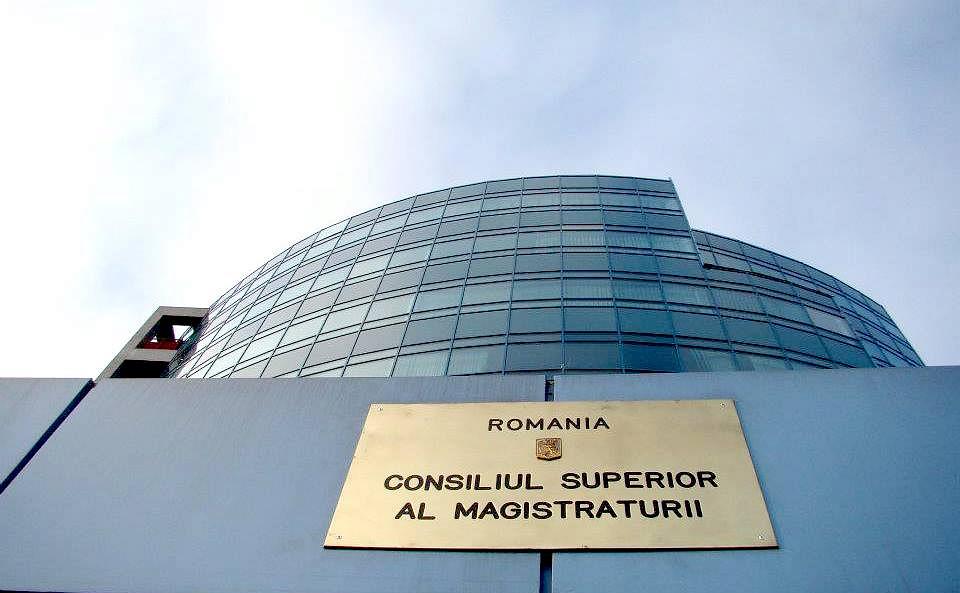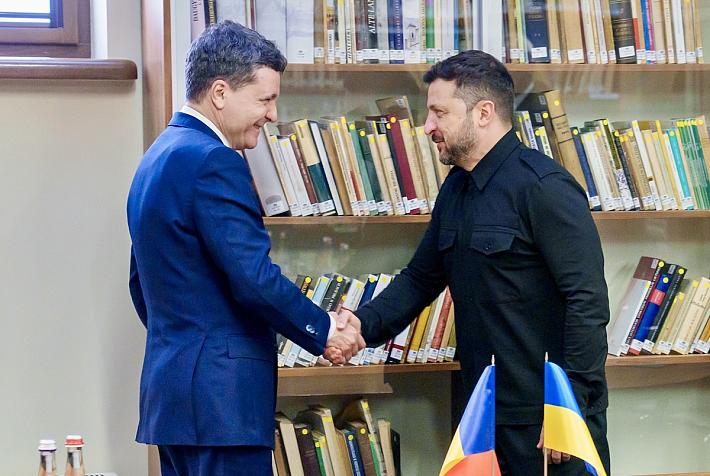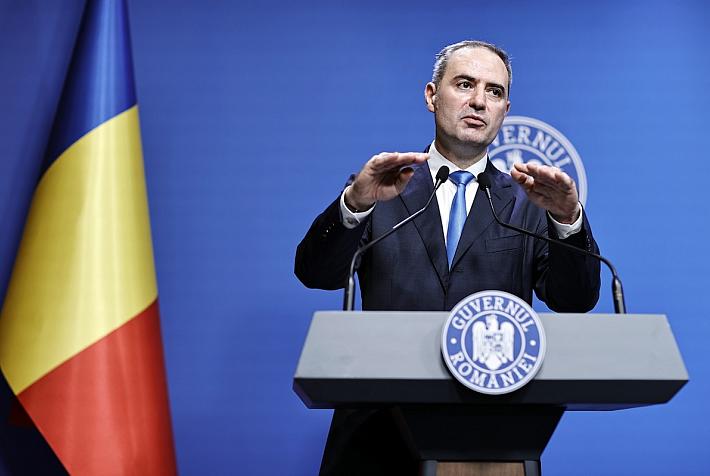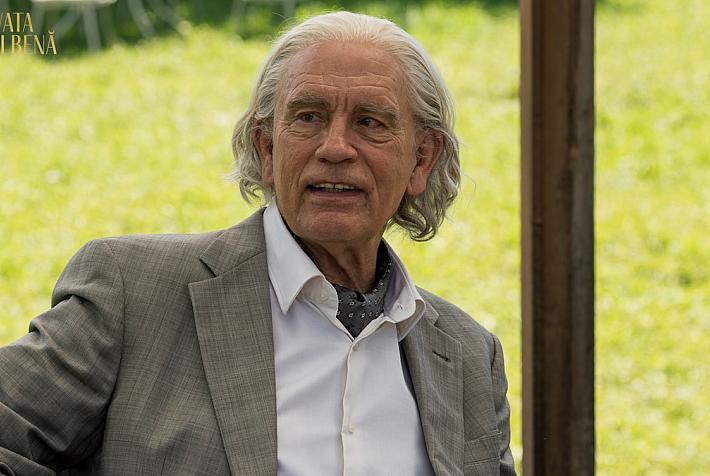Key Romanian judicial institution elects new president

Judge Simona Camelia Marcu has been elected president of the country’s Superior Council of Magistracy (CSM), a key institution of the local legal system, tasked with overseeing the independence of the judiciary.
She was elected with 11 votes in favor, while eight votes went against her. Marcu will have a one-year mandate.
The 51 year old judge is a member of the CSM on behalf of the High Court of Cassation and Justice, Romania's highest court. She is a 1988 graduate of the Law Faculty of the University of Bucharest, and previously worked as a judge with the capital’s District I Court, Bucharest Court, and Bucharest Court of Appeals. At the High Court of Cassation and Justice she worked as a judge in the Administrative and Fiscal Litigation Department.
In February 2017, she asked in a CSM meeting that the Judicial Inspection should look into how Romania’s General Prosecutor Augustin Lazăr managed the “public communication following the issuing of the [government ordinance] OUG 13.” Her request was rejected. In 2011, newspaper Romania Libera listed her as one of the richest judges at the High Court of Cassation and Justice.
In the project accompanying her candidacy for the CSM presidency, she argued for a “balanced judicial system,” where the institution “should fully undertake the constitutional role of warrant of the independence of justice.”
At the same time, prosecutor Codruţ Olaru was elected vice president of the CSM, with 10 votes in favor, and nine against. From May 2013 to 2016, he was a deputy of Romania’s general prosecutor. Before this, he worked as the chief prosecutor of the Anti-Organized Crime and Terrorism Directorate - DIICOT. In 2004, he was granted the rank of brigadier general, one star. In May 2017, he was recalled into active duty.
Olaru also said he would “constantly strive for defending the independence of the judicial system.”
President Klaus Iohannis attended the January 5 meeting in which the new CSM president and vice president were elected. The president argued that talks can be held on the architecture of the state but not on the independence of justice. He also said that the principle of integrity should be introduced in the Constitution, because people that have legal problems should not be running the state.
“I have said it before and I’m saying it again that such people should not be running the state. They will always be tempted to question the independence of justice, thus seriously damaging the state,” Iohannis said, quoted by News.ro.
Iohannis previously made the same argument in reference to the Social Democrat Party (PSD) leader and Chamber of Deputies speaker Liviu Dragnea who is currently investigated by the Anticorruption Directorate (DNA) for abuse of office and EU funds fraud, in a third case against him.
Also present at the CSM meeting was justice minister Tudorel Toader, who is currently on leave. Toader said he took a break but not a break from CSM and the elections taking place at the institution are very important, News.ro reported. He argued that the activity of CSM has brought benefits to the legal system and that even the contradictory opinions expressed at CSM meetings can result in good solutions.
The CSM is made up of 19 members: nine judges and five prosecutors, elected by magistrates in general meetings of courts and prosecutor’s offices, and validated by the Senate. It also includes two representatives of the civil society elected by the Senate. The justice minister, the president of the High Court of Cassation and Justice, and Romania’s General Prosecutor are also members of the CSM.
Victor Alistar, a former manager of Transparency International Romania and a delegated minister for the relation with the civic society in the Victor Ponta government, and Romeu Chelariu, a Iasi-based legal adviser, were appointed by the Senate into the CSM as representatives of the civic society.
If the elected CSM president is a judge, than the vice president needs to be a prosecutor and vice versa.
The CSM elections come after a year of debates and increased attention to the country’s judicial system as the Parliament has adopted new justice laws and is discussing amendments to the criminal codes. The year ended with protests of the Romanian prosecutors and judges over the changes to the laws and reactions from EU countries on the same topic. The Council of Europe Group of States against Corruption (GRECO) decided to carry out ad hoc urgent evaluations of the draft laws concerning the judiciary in Romania.
At the beginning of 2017, the CSM issued a negative opinion on the draft emergency ordinances granting pardon to several categories of convicts and amending the criminal laws. The ordinances caused the biggest street protests Romania has seen in decades.
editor@romania-insider.com
(Photo: Consiliul Superior al Magistraturii Facebook Page)











